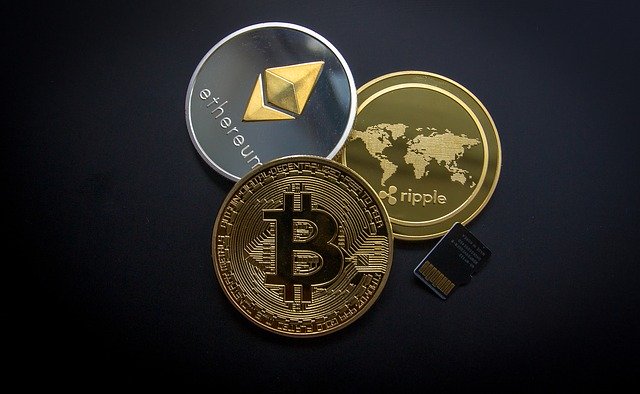Jacqueline Junke, UK Market Lead at Appinio
Throughout the pandemic, people have turned to many fads including banana bread, Tiger King and Clubhouse. One lockdown trend, however, that isn’t set to be a fad is crypto. Over the past year and a half, digital currencies like Bitcoin and Dogecoin have turned from the passions of a few fanatics to a mainstream phenomenon. In fact, Dogecoin’s stock skyrocketed 800% earlier this year, despite starting out as a joke.
Moreover, even though they have been around since 2014, NFTs or non-fungible tokens have suddenly become a status symbol for those looking to own or show off their digital art. A recent report found that the NFT market quadrupled in 2020, with the total value of transactions increasing by 299 per cent year-on-year to more than $250 million.
However, despite the growth in cryptocurrency and NFTs during the pandemic, questions about the future of Bitcoin and other digital currencies still remain. For example, we at global market research platform Appinio found in a survey of 1000 Brits that over a third (36%) of those that invest admit to not fully understanding how cryptocurrencies work. We also found that only one in four (25%) feel able to easily explain it to other people.
For brands thinking of entering the NFT and cryptocurrency market, the lack of understanding of blockchain and crypto might seem shocking, as people should know what they are spending their hard-earned cash on. However, our research found that word of mouth is key to the sudden growth in crypto over the pandemic. Family and friends are the first port of call with 54% of 16-24 year-olds stating this followed by 41% of 55-65 year-olds.
While people can rely on the questionable advice of a family member or a friend for investment, brands thinking of launching an altcoin or an NFT can’t be as flippant. Lack of information around the dangers can land brands in hot water with regulators and politicians. For example, online brokerage RobinHood has faced increased scrutiny from politicians in Washington following the surge of crypto traders on the platform.
The sustainability issue
Another question surrounding the future of cryptocurrencies is their lack of sustainability. For instance, coins such as Bitcoin have come under increased pressure in recent months following stories around the environmentally damaging process of mining coins.
Bitcoin mining is a deeply energy-intensive process, in which a computer solves a complex series of algorithms to verify the legitimacy of a single digital coin. While crypto mining could take place on an average computer in 2009, the increase in Bitcoin over the past decade has made the algorithms harder to solve. In fact, the process has become so energy inducing that a study from the University of New Mexico has found that the amount of electricity used to mine Bitcoin is more than the energy output of entire countries.
However, despite the stories around crypto being environmentally damaging, consumers are still trading coins. Our data found that despite 2 in 3 Brits (62%) saying that sustainability is very important to them, only 40% of those who invest in cryptocurrencies say that sustainability is a priority. In fact, just under half (42%) of investors admit they don’t know how sustainable or socially responsible their portfolio is.
Our research also found an interesting contrast between age groups: half of all 35-44 year-olds feel sustainability is important when it comes to financial investments. This drops to 35% of 45-54 year-olds and only 23% of 55-65 year-olds rank it as important.
For brands, Bitcoin’s environmental issues can damage their reputation. Take, for example, Tesla. The electric vehicle powerhouse was in hot water in February, when its CEO, Elon Musk, decided to allow people to purchase vehicles with Bitcoin. With the company also pledging to tackle climate change through electric vehicles, the decision by Musk generated a considerable backlash from politicians and the media.
While cryptocurrency experts attempt to answer sustainability and regulatory questions around Bitcoin and other coins, brands should be wary of getting involved in crypto and NFTs. Our research shows that there is a growing appetite from consumers for all things crypto and that the technology has moved beyond a simple lockdown fad. However, there are dangers in getting embroiled in cryptocurrency scandals and brands that are deciding whenever to invest in NFTs and Bitcoin need to weigh up the rewards against potential backlashes.


